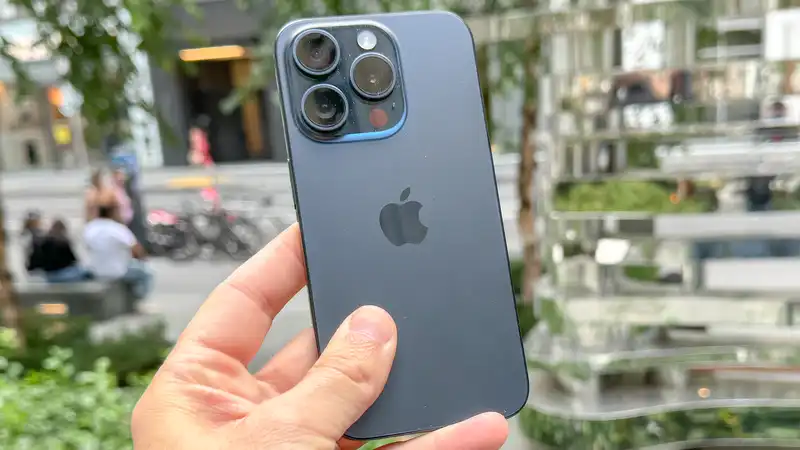Apple may be the only cell phone maker to adopt 3nm chips, according to a new DigiTimes report, with production of next-generation 2nm chips set to begin next year
According to the report, TSMC, which manufactures 3nm A17 Pro chips for Apple, could begin installing equipment to produce 2nm chips as early as April, later this year The question is whether these chips will be supplied in sufficient quantities to be used in the iPhone 17 Or whether they will have to wait for the launch of the iPhone 18 in late 2026
The advantage of 3nm chips is that they have a higher transistor density than the larger 4nm and 5nm chips used elsewhere, leading to performance and efficiency Apple is also the first and currently the only cell phone manufacturer to make the switch, having bought all of TSMC's 3nm production capacity
The 2nm chip will likely improve on these points further by further increasing transistor density and bringing all the associated benefits However, it is unclear how much improvement should be expected
DigiTimes also claims that things will not end there, as TSMC is already planning ahead for 14nm chips and is reportedly evaluating which plants can produce the next generation iPhone chips first It has been suggested that production could begin as early as 2027 If all goes according to plan, these chips may be included in the iPhone 19 and iPhone 20
For the foreseeable future, we know that mass production of 3nm chips will begin at the end of 2023 These chips are expected to be included in additional Apple devices later this year Most notably, the iPhone 16 is currently rumored to be equipped with some sort of A18 chipset, rather than the A17 remnants as in the previous two iPhone generations
Apple's chips have absolutely dominated performance benchmark tests over the past few years While Android chip makers like Qualcomm are catching up, Apple is not likely to give up its dominance anytime soon Nevertheless, the reduction in chip size will be limited on its own, and will depend on other performance-enhancing measures for devices
Needless to say, the performance future of the iPhone and other Apple devices is quite bright










Comments